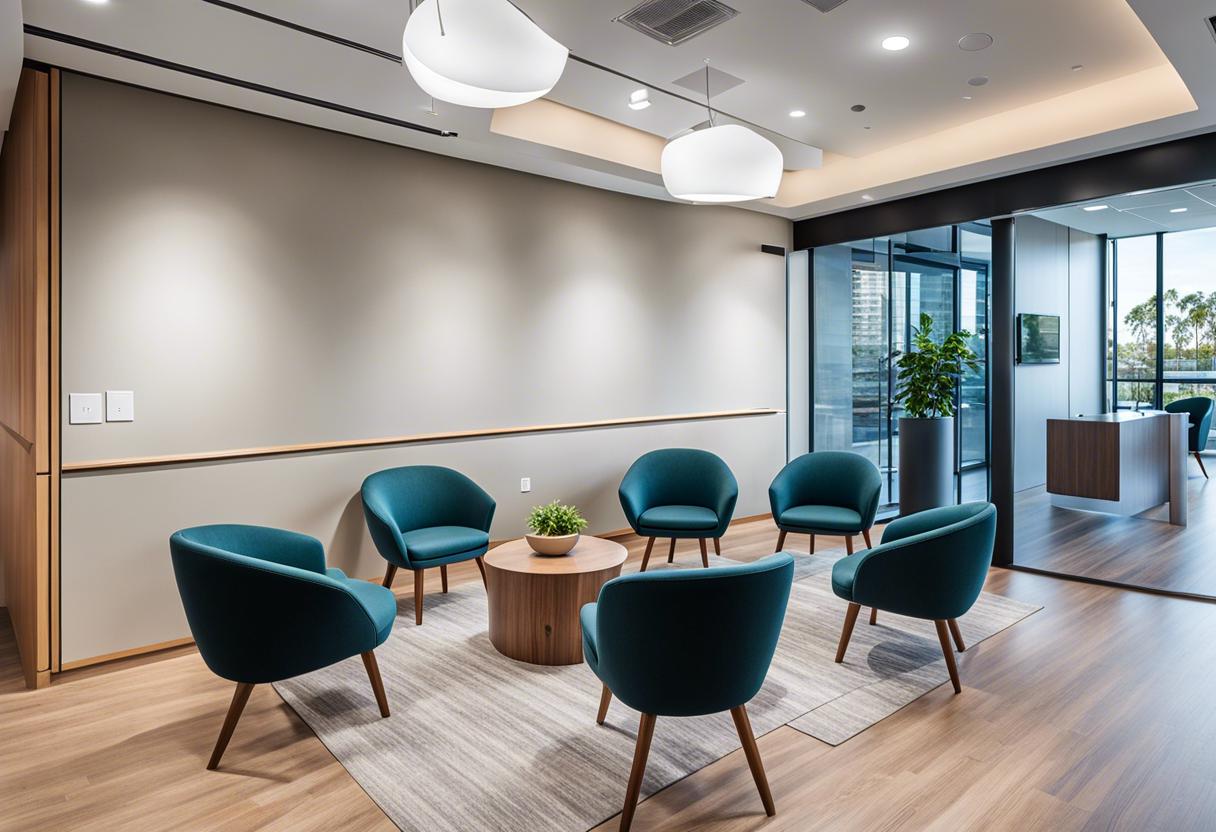He is the type of individual who struggles to remain idle for even a brief period. Once a decade has passed in a relationship, you’re likely to have gained a comprehensive understanding of your partner. I have come to fully embrace my partner for who he is – in many ways reminiscent of an overgrown pup.
His inquisitiveness, vigour, and adventurous spirit have significantly enriched my life. His energetic nature harmoniously compensates for my more reserved preference to be more of a homebody. The only proviso to his buoyant energy is the need for him to expend his surplus zeal in meaningful activities almost daily. It is impracticable to anticipate he will remain cooped up indoors without him becoming uneasy, bothersome, biting the furniture or, heaven forbid, he abruptly rises to propose we declutter that chaotic cupboard in your workspace since we’re not too busy at the moment.
Living in Australia, with its propensity to draw one outside, does aid the situation. Its society values athletics and spending time outside. My partner is an extremely tall London native with a dislike for London, yet a strong affinity for basketball – a sport that is exceedingly embraced and frequently played here. It remains a mystery as to why numerous Australians seem so tall, even those of Irish descent. Maybe they partially rely on photosynthesis, or we have all shrunk from constantly hunching over to shield ourselves from the humidity that makes our hair frizzy. In any case, Canberra has an abundance of basketball teams and a nearby court. If my partner isn’t at the gym, he is likely there for an hour or so most days.
Indeed, Australia offers an almost utopian environment for athletes. Recently, he returned from the court exhibiting signs of pain and a limp, akin to a pup wearing a veterinary cone. ‘It’s dreadful getting older,’ he said as I examined his swollen leg and fetched ice from the freezer. He hasn’t even reached his 40s, so it felt somewhat over the top, but it’s well-known that basketball is infamous for causing injuries amongst the ‘older weekend players’ as he describes them.
During the COVID-19 pandemic, he found himself in a medical moon boot for half a year due to a severely ruptured ankle tendon. With a small sense of dismay, he realised upon researching the nature of his injury that it commonly afflicted men in their thirties who casually play basketball. Men, he noted, who once excelled in the sport but suddenly find their bodies no longer being in sync with their memories of agility.
The pandemic was not the most convenient time for anyone to seek medical assistance, and after a six-year stint in London, we both suffered from NHS inefficiencies. Many Brits defend this institution vehemently, but it’s evident that institutions functioning properly hardly provoke such profound partisanship and defensiveness. Accessing our local GP had been a struggle for two years preceding our relocation to Australia. We faced multiple incidents of gross negligence, which caused us to shell out a fortune for urgent medical attention while completely overlooking non-critical issues.
I can’t claim that Australia’s system is flawless, as it’s not and I expect to become more aware of its shortcomings in due course.
Navigating Australia’s healthcare system has proven to be the most intricate aspect of our relocation. It’s even more convoluted than visa processes. A blend of state-funded Medicare and obligatory private insurance for the majority, it is significantly different from the UK system. He staggered into the GP’s office one Thursday morning, wincing with discomfort from his knee, while acknowledging it wasn’t as severe as the previous ankle incident.
“You need an MRI,” stated the GP. The MRI was done in a local radiology clinic just four hours later. With expectations influenced by Irish and UK healthcare slow processes, he turned up well ahead of his appointment, armed with a laptop and snacks, prepared for a day-long wait. Barely forty minutes later, the receptionist approached him apologetically for the wait and offered to check if they could fit him in straight away.
“But I still have 20 minutes left for my appointment…” he retorted, dumbfounded.
Nevertheless, he went in for the MRI. Within four days, he was back with the GP to discuss the result.
My encounters with the healthcare system in Australia have thus far been quite remarkable. There’s no more endless waiting at a GP clinic. Blood tests can be completed at accessible walk-in centres and the results are delivered in two days. There aren’t any incessantly ringing unanswered phones. While I do spend a few months waiting for a consultation, it’s not an agonising couple of years. Despite paying for the consultation, a portion of the fee is covered by a Medicare rebate.
When I lived in Ireland in my twenties, I waited for six full years to get a non-surgical procedure. Ironically, by the time they summoned me for it, I had already relocated and had been working in London for several years.
Healthcare is fraught with issues everywhere and everywhere it’s not equally obtainable. I don’t claim that Australia is the epitome of a perfect system – it isn’t, and with time, I expect to become more aware of its deficiencies. However, as of now, the experience here is so starkly different that it boggles my mind.
During my stint in London, routine health check-ups – the type that preserves good health and prevents minor issues from escalating into significant or persistent troubles – were mostly a hypothetical concept.
Presently, I can pay a visit to a GP when I feel under the weather. The comfort that provides is incredibly heartening, albeit disheartening, in how delightfully indulgent it seems.

